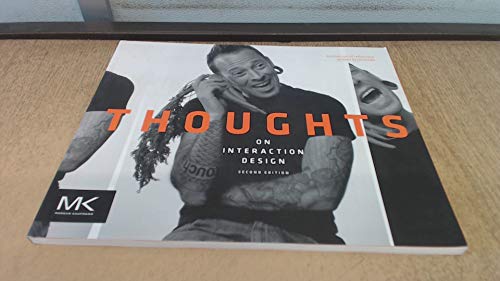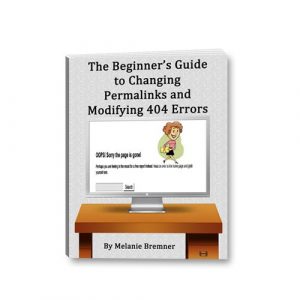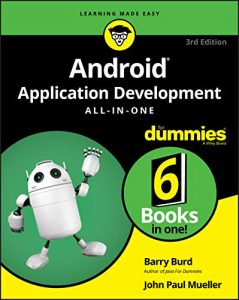1. Thoughts on Interaction Design
Jon Kolko’s “Thoughts on Interaction Design” is a reflective exploration of the process and principles involved in interaction design. The author encourages readers to think critically and creatively about design concepts, emphasizing the human experience aspect. A must-read for both aspiring and professional designers, this book pushes boundaries and inspires innovation through thoughtful insights. Kolko’s engaging writing style and practical examples enhance your understanding of interaction design, making it an essential addition to your library.
2. Interaction Design: Beyond Human – Computer Interaction
This comprehensive book by Yvonne Rogers, Helen Sharp, and Jenny Preece goes deeper into the principles of interaction design. It merges theory with practical application, making it indispensable for anyone interested in creating effective digital interfaces. The authors present a wide range of topics, from user-centered design to usability, making it suitable for readers of all levels. Its extensive research and real-world case studies provide a solid foundation for understanding the complex interactions in digital environments, ensuring you’re well-equipped for current and future trends.
3. Seductive Interaction Design: Creating Playful, Fun, and Effective User Experiences
Stephen P. Anderson’s “Seductive Interaction Design” is a brilliant examination of creating engaging and effective user experiences through playful design. The author discusses how to make applications not only user-friendly but also enjoyable to interact with. His insights into psychological principles behind user behavior provide the necessary tools to design compelling interactions. This book is filled with practical strategies and visuals that inspire creativity and transform the way you approach user experience design, making it a must-have for any designer’s toolkit.
4. Simple and Usable Web, Mobile, and Interaction Design
Giles Colborne offers a straightforward approach in his book, emphasizing simplicity in usability design for web and mobile applications. This book is particularly valuable for designers who wish to streamline their processes and focus on core functionalities. Colborne uses practical examples to illustrate his points, making complex concepts digestible. Readers walk away with the tools and principles to create more effective designs that enhance user satisfaction. If you aim to improve your interaction design skill set, this book is highly recommended for its clarity and actionable insights.
5. Designing for Interaction: Creating Innovative Applications and Devices
Dan Saffer’s “Designing for Interaction” provides an in-depth guide for creating innovative applications and devices. This book is essential for understanding the intricacies of interaction design in the context of current technology trends. Saffer discusses user research, prototyping, and concepts that promote creativity in design. The combination of theory and real-life case studies makes it a comprehensive resource for professionals aiming to enhance their design capabilities. This book will inspire you to think beyond conventional boundaries and approach design with an innovative mindset.
6. Branded Interactions: Marketing Through Design in the Digital Age
Marco Spies and Katja Wenger delve into the world of marketing intertwined with interaction design in their book, “Branded Interactions.” This novel approach showcases how effective design can shape brand identity and influence user interaction. The authors provide insightful frameworks and strategies for marketers and designers alike, highlighting the importance of aligning aesthetics and functionality with brand values. If you’re looking to understand the role of design in enhancing customer experience and engagement in the digital landscape, this book is a treasure trove of knowledge.
7. About Face 3: The Essentials of Interaction Design
Alan Cooper and his co-authors provide a definitive reference in “About Face 3,” which covers the essentials of interaction design in great depth. This book is known for its comprehensive coverage of design principles and methodologies. The authors articulate complex concepts in reader-friendly language, making the material accessible. Perfect for designers at any stage of their careers, this book offers invaluable insights into user-centered design practices that can significantly enhance your design effectiveness and user satisfaction.
8. In through the Side Door: Fifty Years of Women in Interaction Design
Erin Malone and Aynne Valencia’s “In through the Side Door” highlights the contributions of women in the field of interaction design over the past fifty years. This book provides both inspiration and historical context, shedding light on numerous influential women whose work has shaped the industry. Their stories not only educate but also encourage female designers to pursue their passions in a traditionally male-dominated field. This book is empowering and essential for understanding diversity in design, it serves as both a resource and celebration of women’s achievements.
9. Designing with the Body: Somaesthetic Interaction Design
Kristina Hook introduces some innovative ideas in “Designing with the Body”, focusing on how the body interacts with technology. This book explores somaesthetic design principles that take the physicality of the user into account, leading to more intuitive and satisfying interactions. By connecting design and bodily experiences, Hook proposes a new way of thinking that is crucial for the development of user-centered devices and applications. This thought-provoking read encourages designers to expand their horizons and consider the broader implications of their work.
10. Interdisciplinary Interaction Design: A Visual Guide
James Pannafino’s “Interdisciplinary Interaction Design” is a visual feast that blends design theory with practical applications. This book serves as a great starting point for understanding the various theories and models that inform effective interaction design. Its visual format makes complex ideas easier to digest, making it suitable for both beginners and experienced designers alike. The insights provided in this book can kick-start your journey into the world of digital experiences, making it a staple in design literature.














































